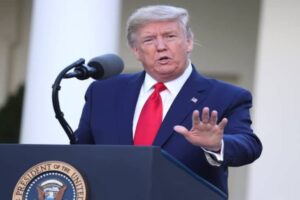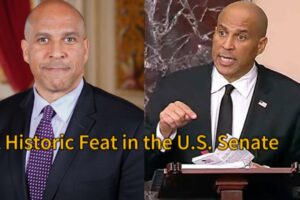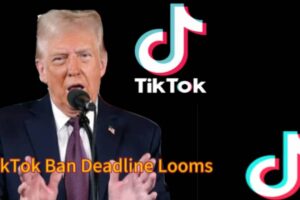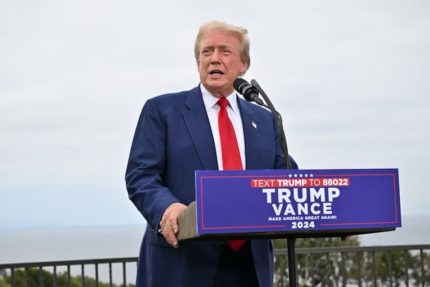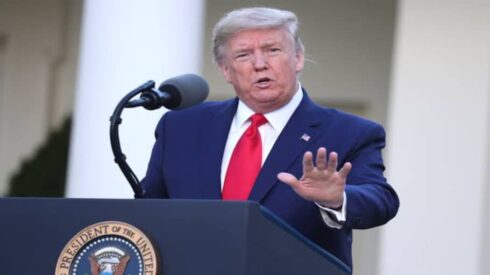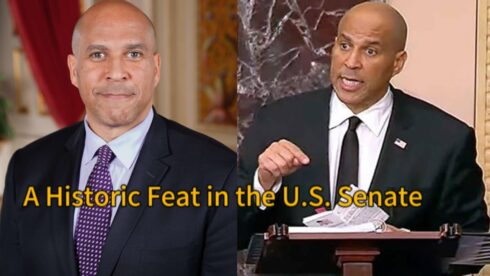President-elect Donald Trump has drawn widespread attention and controversy by vowing to tackle what he calls “transgender lunacy.” During a recent rally, Donald Trump criticized existing policies on transgender issues, particularly in education, healthcare, and sports, claiming they undermine traditional values and societal stability. His remarks have fueled sharp divisions, with supporters applauding his firm stance on “radical gender ideology,” while critics argue the rhetoric targets vulnerable communities to gain political leverage. As debates rage on, Donald Trump’s position is seen by many as a calculated move to rally his conservative base ahead of his presidency.
The announcement has reignited broader cultural debates, drawing responses from across the political spectrum. LGBTQ+ advocates and allies warn of the potential harm such policies could inflict on marginalized groups, emphasizing the need for inclusion and equality. Meanwhile, political analysts suggest Trump’s focus on polarizing social issues is a strategic distraction from pressing challenges like the economy and foreign policy. With the nation closely watching, the impact of Trump’s proposed approach on societal norms, policy-making, and his political trajectory remains a key topic of discussion.
Donald Trump’s Promises Threaten Decade of Progress for Transgender Rights
Donald Trump’s proposed policies could significantly reverse the hard-earned progress made by transgender individuals over the past decade. If implemented, these measures might dismantle protections in critical areas such as healthcare, workplace discrimination, and military inclusion. Advocacy groups like the Human Rights Campaign have voiced alarm, emphasizing that these changes could lead to increased marginalization and systemic discrimination. Many fear the rollback of inclusive policies could have far-reaching consequences, eroding the safety and dignity of transgender individuals across the country.
Critics argue that such actions would represent a direct attack on the rights and recognition of the transgender community. Activists highlight the potential for heightened vulnerability to prejudice and inequality, further underscoring the need for continued advocacy. A statement from one prominent LGBTQ+ leader described Donald Trump’s rhetoric as “a direct attack on our dignity and existence,” reflecting the community’s growing concern. As the debate intensifies, the broader implications of these promises are set to dominate discussions on human rights and social justice in the coming months.
Conservative Base Cheers as Liberals Push Back
Donald Trump’s remarks have been met with widespread applause from his conservative base, many of whom view his stance as a necessary defense of traditional family values. Right-leaning commentators argue that issues surrounding gender identity have been politicized to the detriment of societal cohesion.
Conversely, progressive voices, including Democratic leaders and LGBTQ+ advocacy groups, have condemned Donald Trump’s rhetoric. They argue that his statements perpetuate harmful stereotypes and ignore the scientific and psychological realities of gender identity.
Education and Youth Policies Under Threat
A significant focus of Donald Trump’s comments was on the inclusion of transgender perspectives in educational settings. He criticized schools for allowing discussions about gender identity and called for the elimination of policies that permit students to use bathrooms and facilities that align with their gender identity.
Educators and psychologists warn that such policies could harm transgender youth, who already face higher rates of bullying and mental health challenges. “Exclusionary measures will only deepen the struggles of these vulnerable students,” one education expert noted.
Economic and Legal Implications of Proposed Policies
Legal experts are already anticipating challenges to any executive orders or legislative measures Donald Trump might pursue on this issue. Courts may have to weigh in on whether such policies violate constitutional rights or existing anti-discrimination laws.
On the economic front, critics warn that targeting transgender individuals could hurt America’s reputation as a leader in human rights, potentially discouraging investment and tourism. Businesses with inclusive workplace policies may also face challenges reconciling corporate values with federal mandates.
The Broader Cultural Debate: What’s Next for America?
Trump’s comments have reignited the cultural wars surrounding gender and identity in America. His declaration reflects a larger clash between progressive ideals of inclusivity and conservative calls to preserve traditional norms.
As the nation braces for Donald Trump’s presidency, the debate over transgender rights is likely to escalate. Advocates on both sides are mobilizing, setting the stage for what could be one of the most contentious social battles in recent history.



